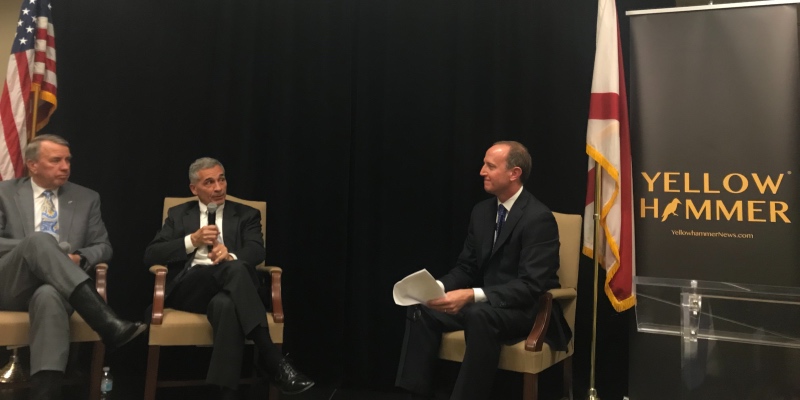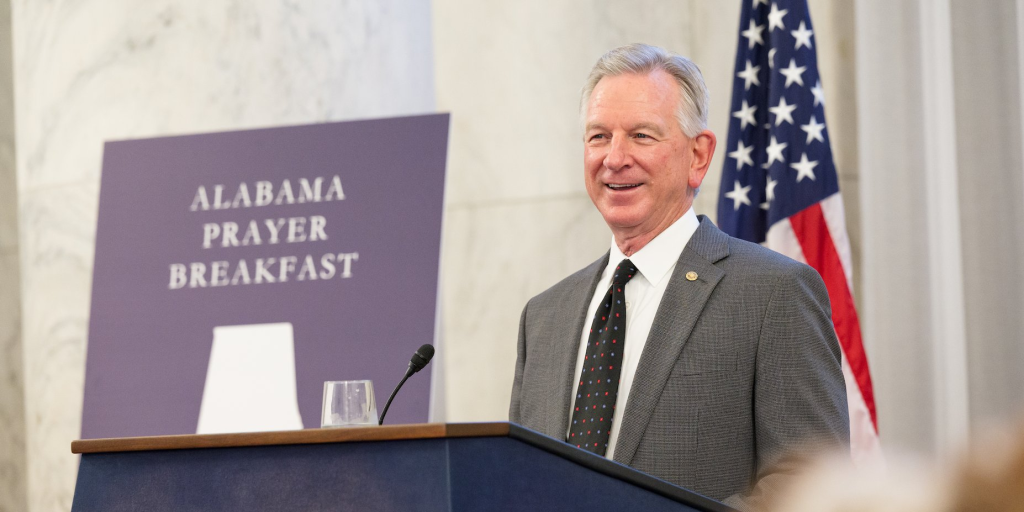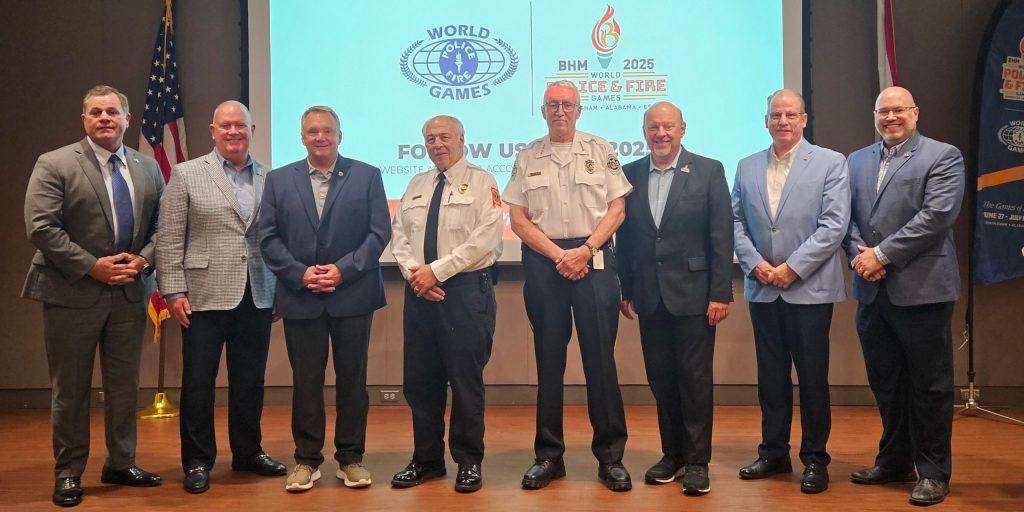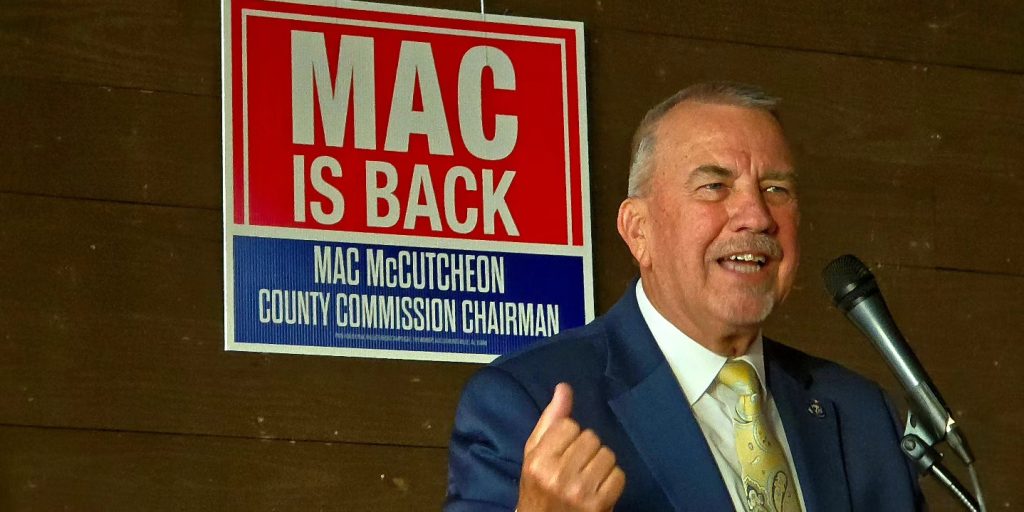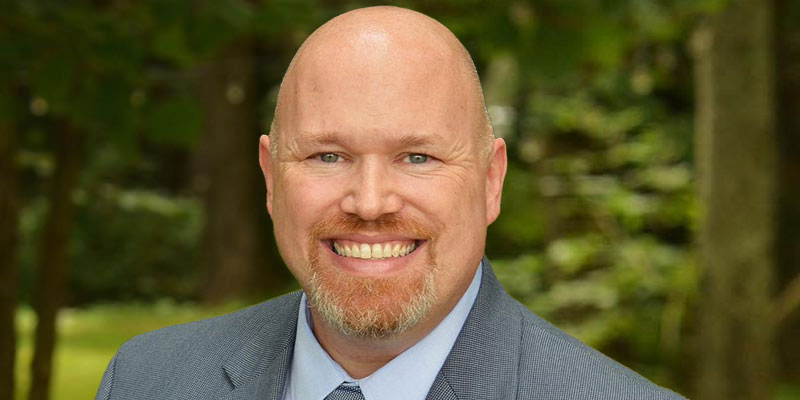MONTGOMERY — Speaking Tuesday evening at Yellowhammer Multimedia’s first “News Shaper” event of 2019, Alabama Senate President Pro Tem Del Marsh (R-Anniston) and House Speaker Mac McCutcheon (R-Monrovia) provided their insight on some of the hot-button topics expected to be debated during the legislature’s ongoing regular session.
Yellowhammer owner and editor Tim Howe, who moderated the discussion, outlined uncertainty in the state’s ethics laws brought on by recent court and ethics commission decisions. Howe then asked the two leaders how they think the legislature can provide certainty and codified clarification moving forward, especially when it comes to defining a “principal.”
“There is no doubt that there’s a lot of uncertainty in the ethics legislation,” Marsh said. “The [Alabama Code of Ethics Clarification and Reform Commission] was set up to look over this, but in addition to that, both the Senate and the House – in the Senate you have Greg Albritton and in the House [you have] Mike Jones – working throughout the entire break on how we address this.”
“And remember,” Marsh continued, “it’s not about 140 legislators, there are 50,000 people in the state of Alabama affected by the ethics law. I’m going to make a plea to my colleagues, some of whom are in this room tonight: If it’s going to be fixed, we’ve got to fix it.”
He emphasized, “[I]t’s not going to get any easier. You’ve got to face the issues. You’ve got to address it and realize this is about much [more] than the legislature. So, I’m hopeful.
Marsh also noted that the uncertainty in the ethics law has “affected economic development.”
“There’s a section there where the economic developers are having problems keeping the [confidentiality] in the process of recruiting industries. We’ve got to address this,” he advised. “And I’m hopeful that we will address it this year.”
Marsh added, “I know that both Senator Albritton and Representative Jones have been in conversation with the attorney general and the ethics commission, as well. So we’re going down a path to try and get everybody on the same page. But we have got to -trust me, ladies and gentleman – we have best fix this. It’s got to be done.”
Howe then asked Marsh to articulate why certainty in the ethics law for economic development professionals is important not just for them, but for the entire state and each of its residents.
“[I]t’s important for the state, because we’re competing with all of the other states,” Marsh said.
He used the example of a piece of legislation passed out of committee that very day largely dealing with Polaris vehicles built in north Alabama and explained that the site selection process requires confidentiality, with most economic development recruitment projects being given code names.
“Because we’re competing against other states. And if we’re not able to keep that degree of secrecy at that stage of the game, we’re at a disadvantage to our neighbors,” Marsh explained.
He concluded, “So this is something that we have got to address. But I’m going to say this: that’s [only] a piece of it. And there’s going to be an attempt by the business community and economic developers to pass the piece. But I think it’s [incumbent] upon us to pass the big picture, solve all the problems, because you want as many people with you, supporting you, to make the changes. Every time you carve off a little piece, you lose some support. So, as I said, I want to help everybody, but I’m committed to the big picture.”
Lottery
Howe later asked the speaker if the time has come for a lottery proposal to pass the legislature and reach a referendum of the people.
“I think so,” McCutcheon responded. “I think it’s been coming for several years. I know that the districts, House districts, that are [bordering other states], most of those districts have seen a significant shift over the last seven or eight years because they see Alabamians driving across the state line to buy lottery tickets.”
He continued, “And people are starting to talk about it, and they’re starting to make it part of their discussion around the dinner table. … At the end of the day, there’s a good push from the people.”
McCutcheon did emphasize what he viewed as key to a successful lottery discussion.
“If we’re going to put this to a vote of the people, and I think it has a good chance of passing, we need to make sure that people understand what they’re voting on,” he outlined. “That’s very, very important. We don’t want to cloud the issue with the definition of a ‘lottery’ and try to sneak something in the back door. Let’s make sure the people understand in their minds what a lottery is and we define it in such a way that they know what they’re voting on.”
“Then, I think the next big debate will be, ‘Where’s the money [lottery revenue] going to go?’ And that will be something that we’ll have to contend with,” McCutcheon concluded.
This came the same day that Senator Jim McClendon (R-Springville) filed a lottery proposal that was soon after called not “clean” by the Poarch Band of Creek Indians, who said McClendon’s legislation would legalize slot machines in a select few places in the state.
Watch the entire discussion:
Sean Ross is a staff writer for Yellowhammer News. You can follow him on Twitter @sean_yhn




